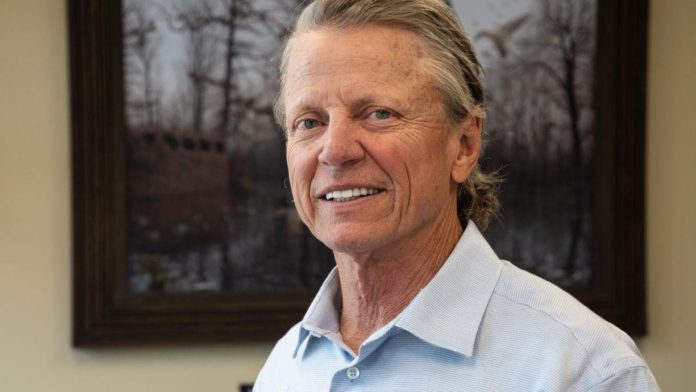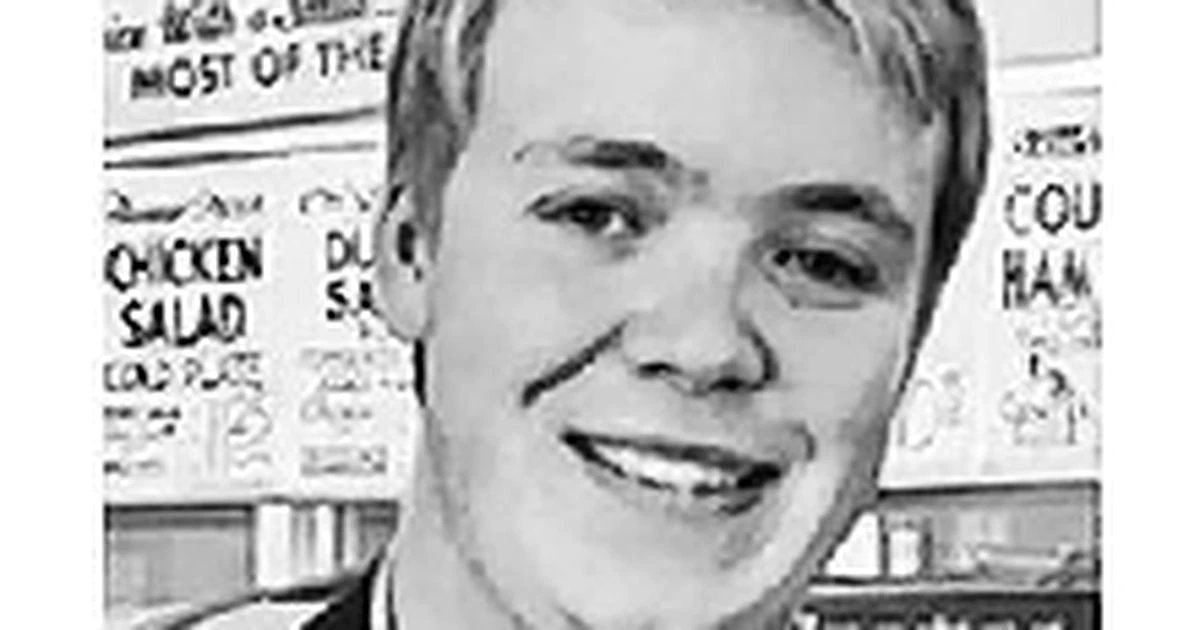Bo Aughtry says he got into the real estate business by default.
Now Chairman and CEO of Windsor/Aughtry Co., Aughtry graduated from The Citadel in 1971 with a degree in business administration. He said he had no idea what he wanted to do for a career.
So when a friend offered him a job, Aughtry asked him “What do you do?”
The answer: Real estate. Aughtry went to work, selling houses and land on commission.
It was going well until the 1973 OPEC oil embargo brought the economy — and the real estate market — to its knees. Aughtry, recently married and soon to be a new father, went 14 months without making a dime.
“It was just a tough time,” he said. “But things have a way of working out.”
Indeed, they have.
In 1975, Aughtry founded Small and Aughtry, a real estate and brokerage firm. Five years later, he established the Aughtry Co., and in 1988 he merged it with Windsor Properties to form Windsor/Aughtry Co.
Aughtry is responsible for all commercial development and investment in the company. He’s also the managing partner of several hotel ownership groups and a director of Hospitality America, Inc., a Nashville, Tennessee-based hotel management company.
Aughtry said he got involved in the hotel business because of his love of fly-fishing. He was spending a lot of time in Jackson Hole, Wyoming.
“To soothe my conscience, I thought I should try to find some commercial endeavor to justify the time I was spending there,” he said. He took out a home equity loan to invest in a hotel there, along with some friends.
The hotel opened in May 1990 and sold four years later. That sale allowed him to start developing other hotels, Aughtry said.
The first hotel he created from the ground up also grew out of fly-fishing. Johnson City, Tennessee, is near two rivers where Aughtry spent a lot of time casting his line.
“Often, I couldn’t find a hotel room,” he said. “I didn’t need a market study to figure it out.”
He inquired about developing a Hampton Inn.
“Honestly, I think they would have dismissed me, but their chairman was a fly fisherman. He wanted to build a Hampton Inn in Jackson, Wyoming, but they hadn’t been able to find a site. My story about Jackson Hole was alluring enough to earn me some undeserved credit,” he said.
The Johnson City Hampton Inn opened in 1995. Aughtry entered the Greenville market in 1997 with a Hampton Inn on Woodruff Road.
A Hampton Inn in Columbia’s historic district marked Aughtry’s first urban hotel, and Windsor/Aughtry has done urban projects almost exclusively since.
He’s helped build five projects in downtown Greenville, including three hotels – the Hampton Inn & Suites and Embassy Suites in RiverPlace, and the Courtyard next to Greenville City Hall.
Aughtry, a Greenville native, has watched downtown transform over the years. He said there are many great opportunities to live downtown now, providing a foundation for a healthy urban environment where residents can live, work and play.
But there is a need for job opportunity and growth, Aughtry said.
Another challenge has been a displacement of affordable housing, something he said naturally occurs in any growing urban area and increases the need for a robust public transportation system.
Aughtry said that he was concerned that downtown lacked that balance even before the pandemic. Since the initial March shutdown, businesses have stopped employee travel and sent them home to work. Leisure travel has also plummeted.
In November 2015, downtown Greenville had 860 hotel rooms. When a new AC Hotel and the Grand Bohemian at Falls Park are completed, there will be 2,300.
“Even pre-COVID, we had increasing supply and decreasing demand,” Aughtry said. “You don’t have to get too far into Econ 101 to know that’s not a healthy environment.”
Aughtry said the pandemic has caused hotel revenue to nosedive. In April, revenue was about 4 percent of what it was in April 2019. In August, that had climbed to 54 percent, still not break-even but a dramatic improvement. For Greenville to continue to be a successful, viable, energetic city, all components have to be in balance, he said.
“Hotels, housing, and probably restaurants have gotten ahead of the demand downtown. The supply in those sectors has gotten ahead of demand and the labor to support those businesses,” Aughtry said.
A downtown conference center that Aughtry and Greenville developer Phil Hughes have proposed for nearly seven acres they own on the banks of the Reedy River would help drive demand for those hotel rooms and restaurant tables, Aughtry said.
Besides filling a void Greenville has in downtown meeting space, the conference center would house art collections from the Greenville County Museum of Art and the Bob Jones University Museum & Gallery. The proposal would have private, city, county and state funding pay for it.
The city recently requested proposals for a master plan that would examine the demand for such a facility, its size, design, and cost and its impact on the Greenville Convention Center, traffic and parking.
Aughtry says he believes that analysis will demonstrate the need.
“It’s a once-in-a-lifetime opportunity,” he said. “We need it because of the impact it will have on downtown. It will be the next giant step, like the Hyatt, the Peace Center and Fluor Field were when they were built.”
Read or Share this story: https://www.greenvilleonline.com/story/money/business/2020/10/29/bo-aughtry-chairman-and-ceo-windsor-aughtry-co-developing-gvl/6057031002/
Credit: Source link































